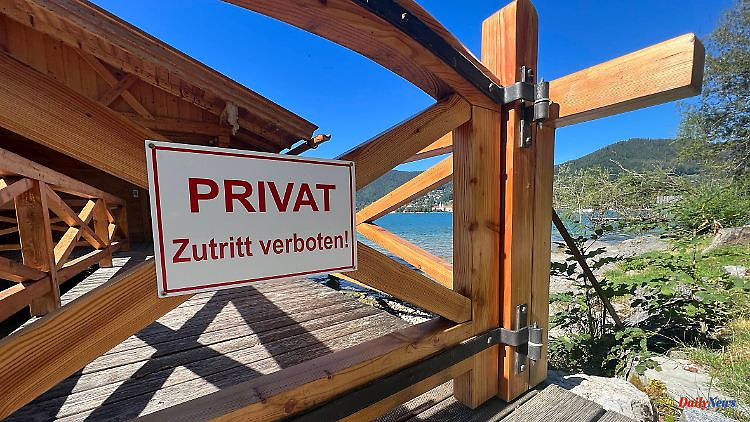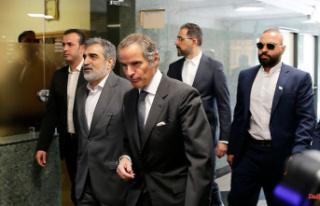In Germany, too, oligarchs close to the Kremlin hold enormous assets. They should be recorded and frozen according to EU sanctions. In reality, however, this only happens in a few cases.
Enforcement of sanctions against Russian oligarchs and institutions is progressing slowly in Germany. Assets of around 5.25 billion euros are currently frozen or subject to a transaction ban. This emerges from a response from the Federal Ministry of Finance to the Left MP Christian Görke.
The so-called sanction enforcement laws are not effective, criticized Görke. German investigators continued to grope in the dark. "Since December, only a ridiculous 200 million euros in oligarch assets have been frozen, and for the past six months it has been just one billion. Not a single oligarch has reported his assets since December." The obligation to report is no more than a paper tiger because it has not been extended to all companies and individuals covered by the Money Laundering Act.
"Then banks and notaries would also have had to report the assets of their oligarch customers. We are now seeing the sobering result." As can also be seen from the government's replies, a total of 31 assets have so far been reported to the Bundesbank by eight oligarchs. The value adds up to around 577 million euros. It is divided into account balances, company investments and securities.
Federal Finance Minister Christian Lindner boasted about his plan to have a new authority - the Federal Financial Criminal Police Office - to be able to take better action in money laundering, financial crime and oligarch sanctions, Görke told Reuters. "But that won't happen before 2025 - so it's just a dream of the future. On the other hand, answers are needed for 2023."
According to a report by "Welt am Sonntag" last month, the total of 5.3 billion euros in assets is made up of assets owned by various Russian "entities", which include the Russian central bank in addition to natural persons and companies on the EU sanctions list.
According to the report, the Central Office for Sanctions Enforcement (ZfS), which should start work at the beginning of the year, is still under construction. "Further personnel expansion is being pushed forward continuously," the finance ministry told the newspaper.












